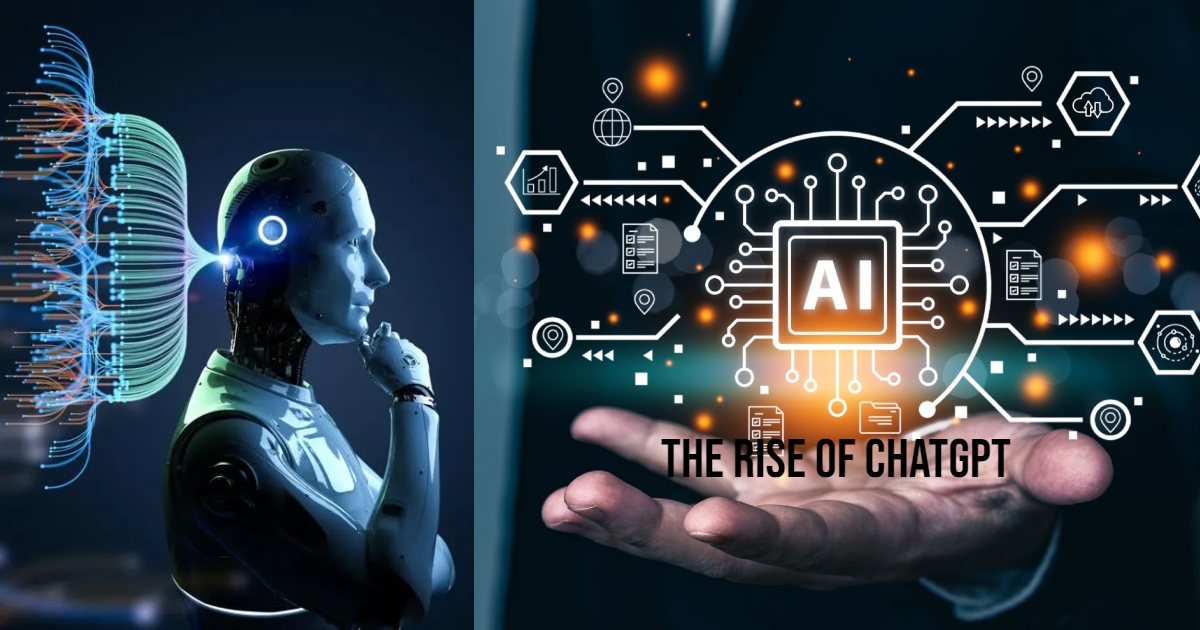In late 2022, a new AI model called ChatGPT burst onto the scene, quickly captivating the internet and stirring both excitement and controversy. Developed by the AI research company Anthropic, ChatGPT is a large language model trained to engage in open-ended dialogue and handle a staggering variety of tasks with human-like fluency.
What makes ChatGPT so remarkable is its ability to understand and communicate in natural language, providing thoughtful, contextual responses on virtually any subject. Whether you ask it to write an essay, analyze data, explain a complex topic, code a program, or even engage in creative writing – ChatGPT leverages its vast training data to formulate impressively coherent and substantive responses tailored to the prompt.
The AI model’s versatility and strong language skills have led many to herald ChatGPT as a potential gamechanger across multiple fields – from automating customer service interactions to revolutionizing education and training. Students are already using it to help with writing assignments and research papers, while professionals leverage it as an intelligent supplementary tool for tasks like drafting documents, answering questions, and generating reports and multimedia content.
However, alongside the excitement, ChatGPT has sparked concerns around AI ethics and safety. Critics worry about its potential to spread disinformation, enable academic dishonesty through AI-generated schoolwork, or even demonstrate harmful biases learned from its training data. There are also concerns about the long-term societal impacts if advanced AI takes over too many skilled jobs previously done by humans.
In response to such criticisms, the developers of ChatGPT and similar AI have emphasized that these models are narrow AI systems focused on specific tasks, without generalized intelligence or sentience. They also note ChatGPT’s outputs can be inconsistent, biased, or simply incorrect – so human oversight and fact-checking remain essential.
Nonetheless, ChatGPT represents a major leap in the capabilities of AI language models. Its ability to engage intelligently and creatively on such a wide range of topics hints at the transformative potential of artificial intelligence, while also crystallizing some of the technology’s risks.
As use cases multiply and the models grow more advanced, key challenges around transparency, regulation, and ethical AI development will need to be addressed. But ChatGPT is undoubtedly ushering in a new paradigm where humans and AI work in tandem to augment communication, productivity and knowledge work in unprecedented ways.

